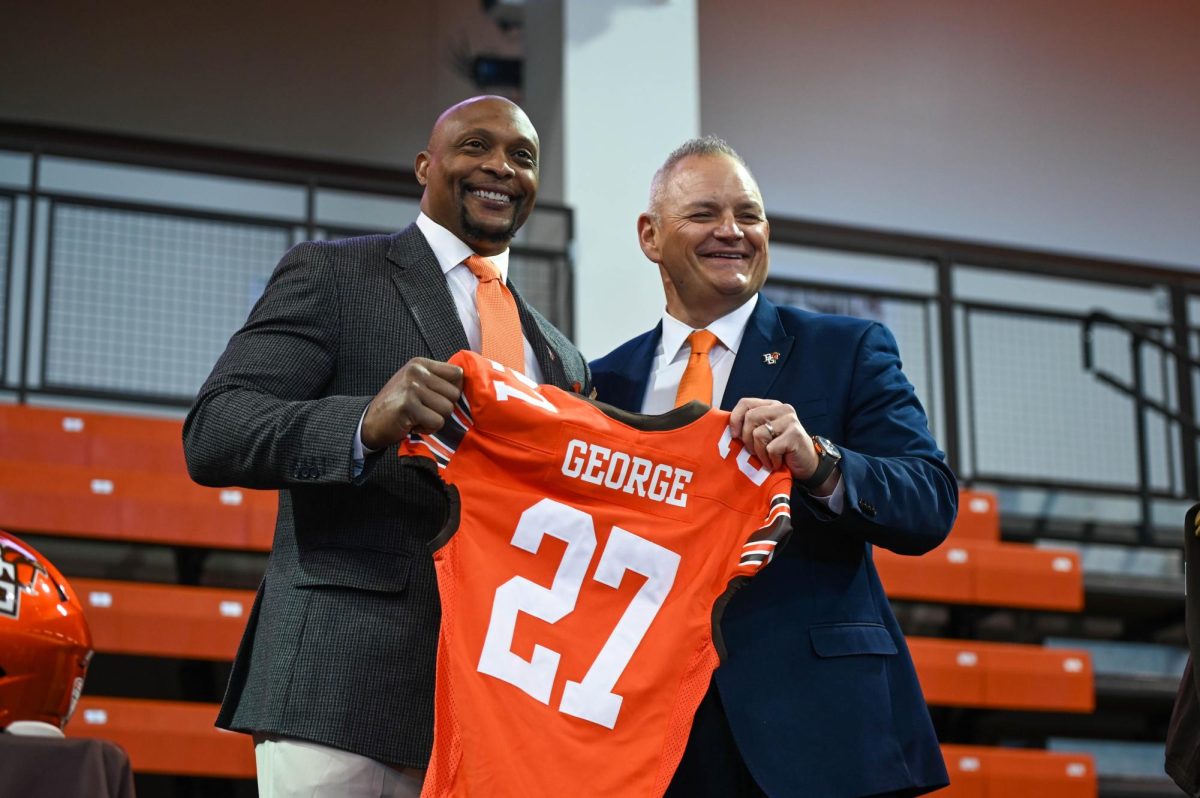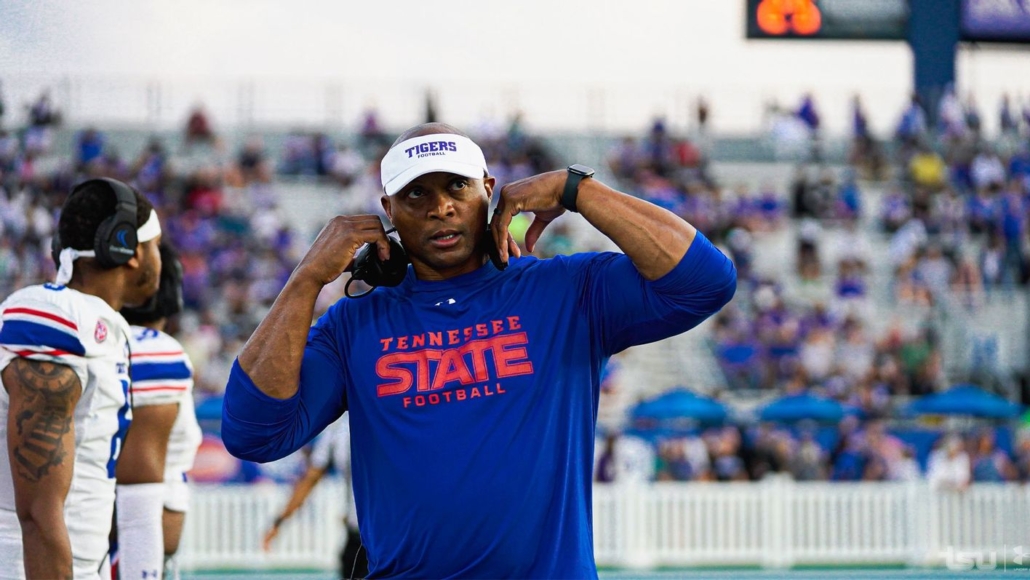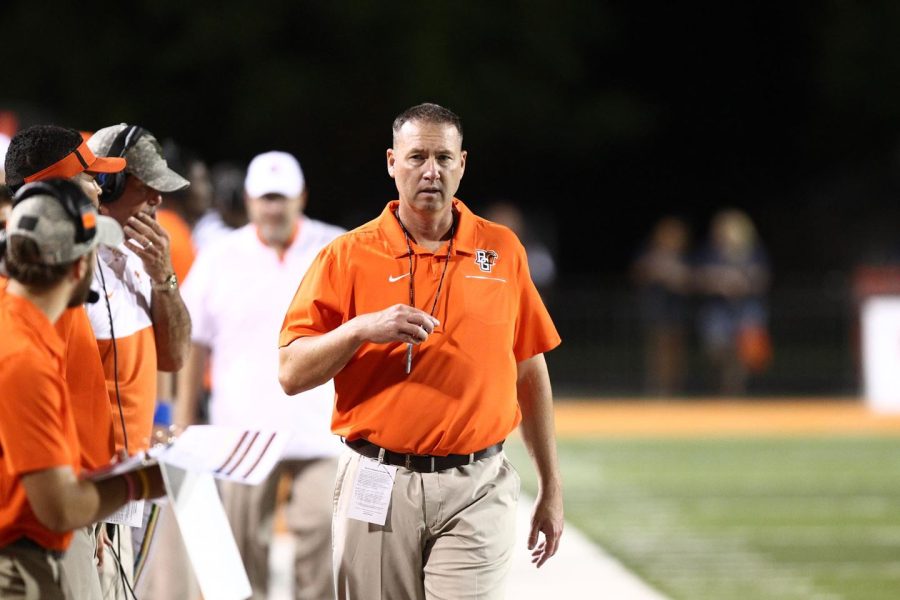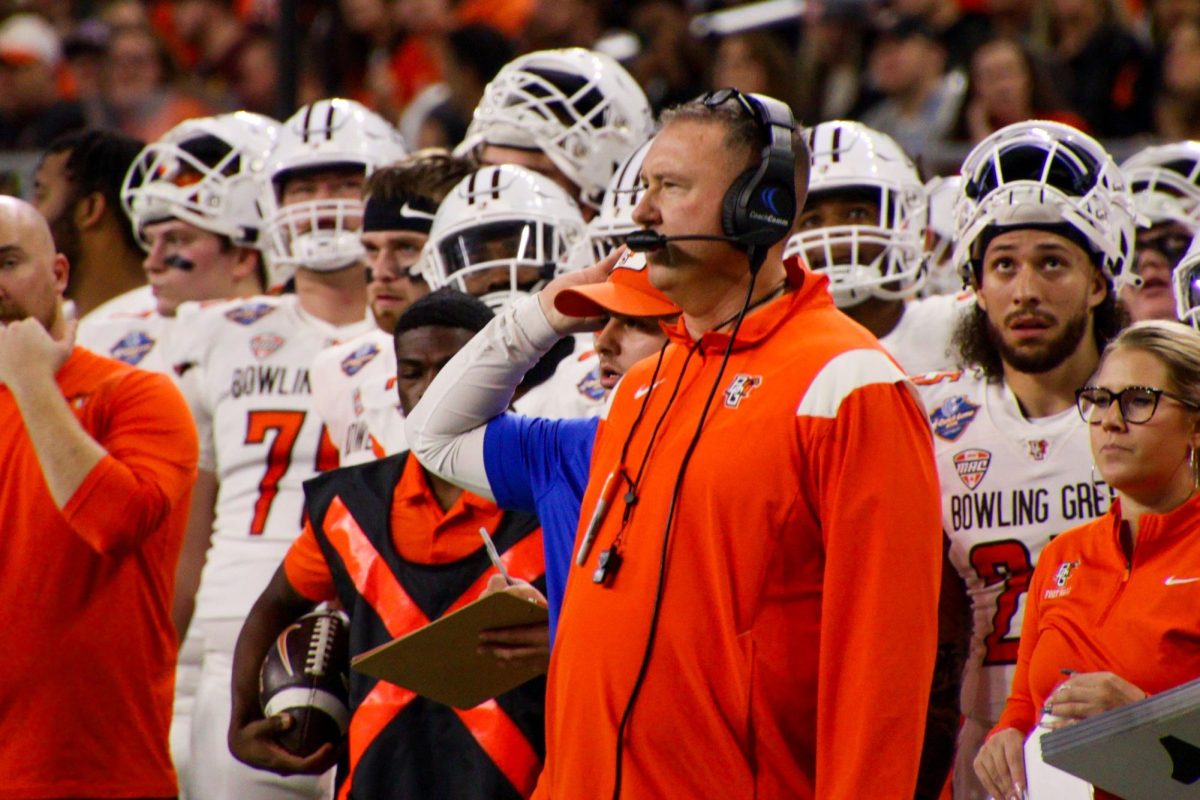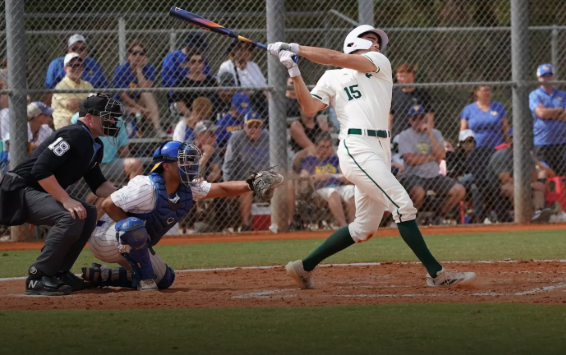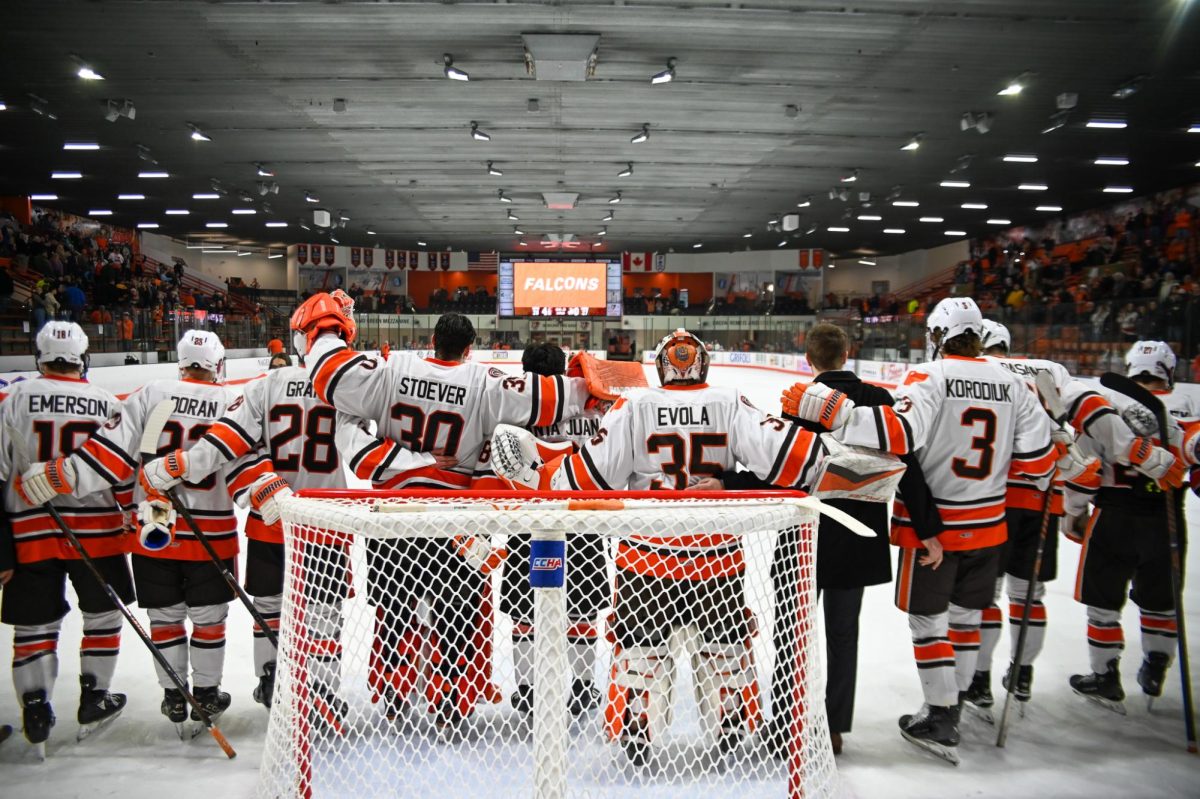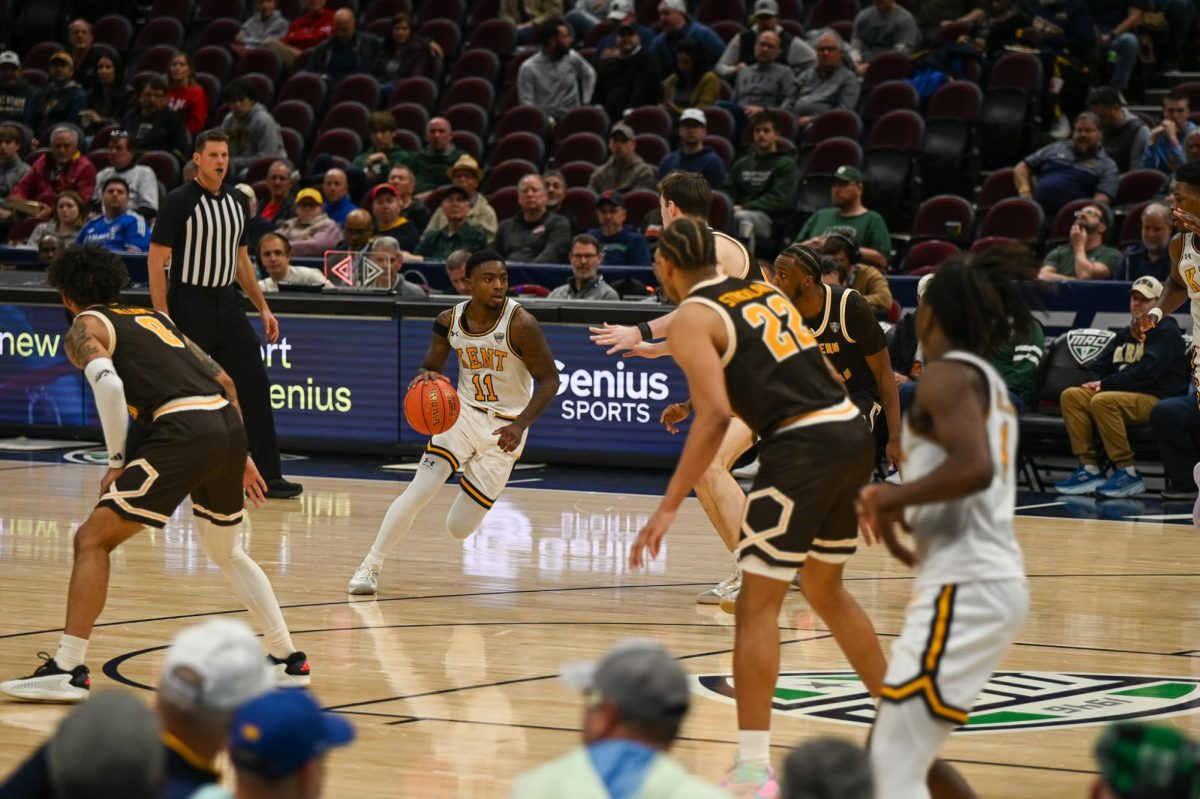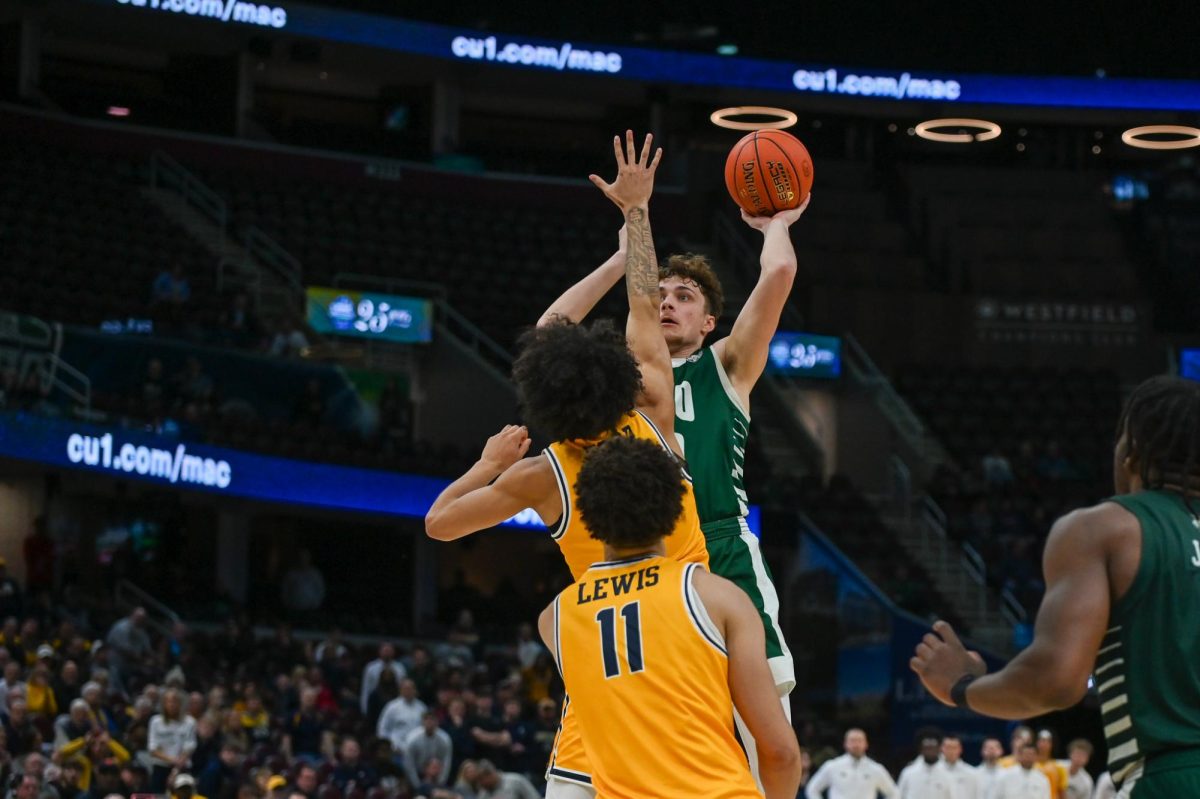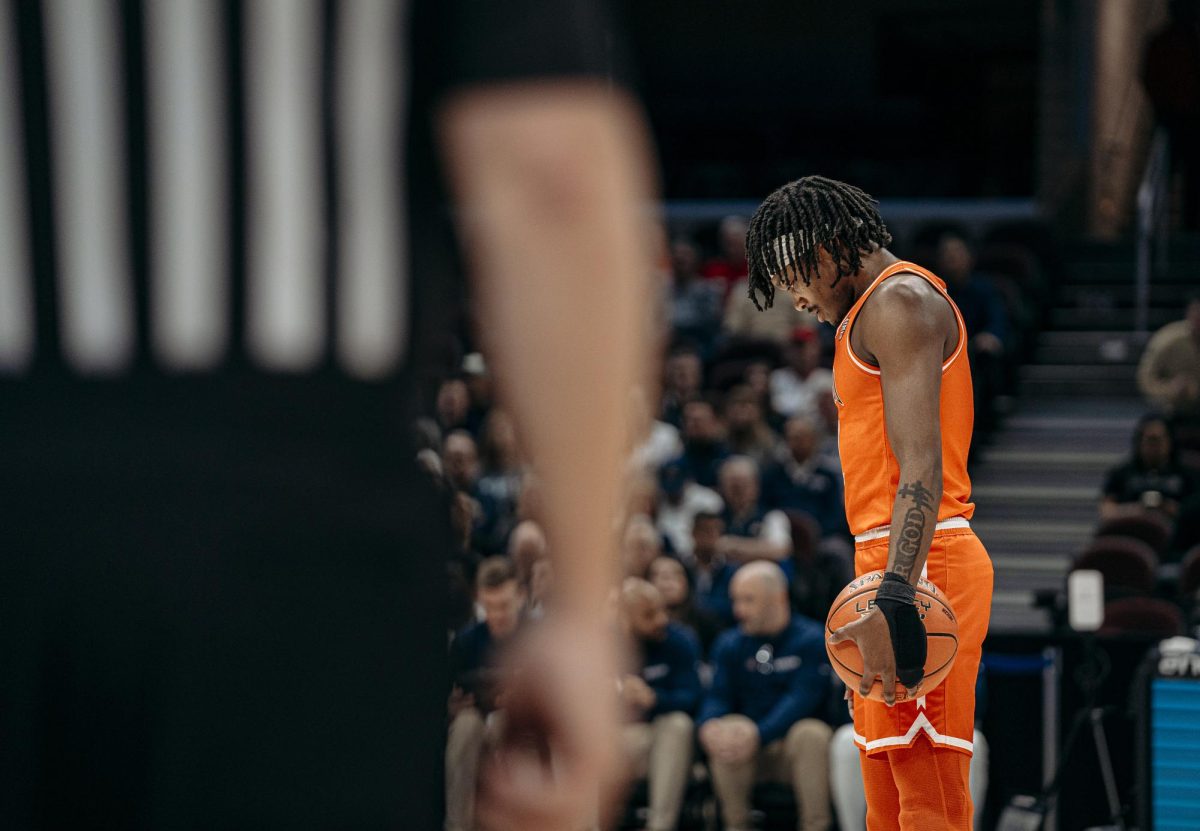We’ve heard it a thousand times:
“I can’t take the credit; this was a team effort and we all came together today to get this win. This is a great team and I’m humbled to be a part of it, blah, blah, blah.” *Snore*
This is the typical post-game interview answer, the answer that only varies slightly and almost imperceptibly from one game to the next. The kind of answer that makes me roll my eyes and change the channel.
But on Sunday, Jan. 19, in what has been dubbed “the rant heard ‘round the world,” cornerback Richard Sherman of the Seattle Seahawks broke the mold; Sherman actually said what was on his mind rather than a rehearsed answer peppered with irritating cliches:
“I’m the best corner in the game. When you try me with a sorry receiver like Crabtree that’s the result you’re gonna get! Don’t you ever talk about me.”
You most likely know what and who Sherman is referring to; the what is the tipped interception that Sherman caused, solidifying Seattle’s victory over The San Francisco 49ers and sending his team to the Superbowl. The who is Michael Crabtree, San Fran’s wide receiver who Sherman made the play on and who [allegedly] had some choice things to say about the corner who was guarding him.
If you know anything about Sherman, you know this hyperbolic interview isn’t an indication of the caliber of his character. A Stanford graduate from Compton, Sherman was the salutatorian at Dominguez High School, finishing with a 4.2 GPA. He’s one of the most charitable players in the NFL; The Richard Sherman Family Foundation provides kids with school supplies and clothes and last summer, he hosted a celebrity softball game, with the proceeds going to the Helping A Hero Foundation, which helped a soldier with an amputated leg build a home.
But this column’s purpose isn’t about using Sherman’s merits off the field to justify his antics on it.
This column’s purpose, rather, is about challenging our notion of what is acceptable behavior from athletes.
Writing for NBC Sports, Joe Posnanski makes the point that perhaps it’s not fair for fans to expect respectful and “classy” answers from players whose sport requires a “warrior mindset.”
“Why do we ask these players [and coaches] questions so soon after they were under fiery hypnosis, so soon after they were smashing into each other and breaking bones, right as the adrenaline is draining and the pain is beginning to surface?” Posnanski asks. “And, more, why do we expect their answers to fit our expectations?”
I appreciate candor from athletes— in fact, from anyone— more than structured answers regurgitated ad nauseum.
This sort of contrived humility that we’ve come to expect, even demand, is dishonest. When athletes give a version of the typical interview answer, they rob us of getting a glimpse into their head, to see what level of intensity and passion they play with.
Sherman’s an incredible athlete who made an incredible play. It’s misguided for us fans to rebuke him for actually taking credit for his skill rather than feigning humility and attributing it to the team. In other words, he was entitled to his rant.
When Erin Andrews, who later said she loved his answer, asked him to walk us through that last play and what was going through his head, he actually did.
Yes, Sherman’s rant was ridiculous, arrogant and angry. But it was also honest and real, and I loved every second of it.
If you think Sherman is a classless jerk who represents the worst of sports, then I have three words for you— these words were from Sherman to Patriots quarterback Tom Brady, who, during a game, told Sherman to talk to him after once the Patriots win [the Patriots ended up losing, and Sherman found him anyway]:
“You mad bro?”



